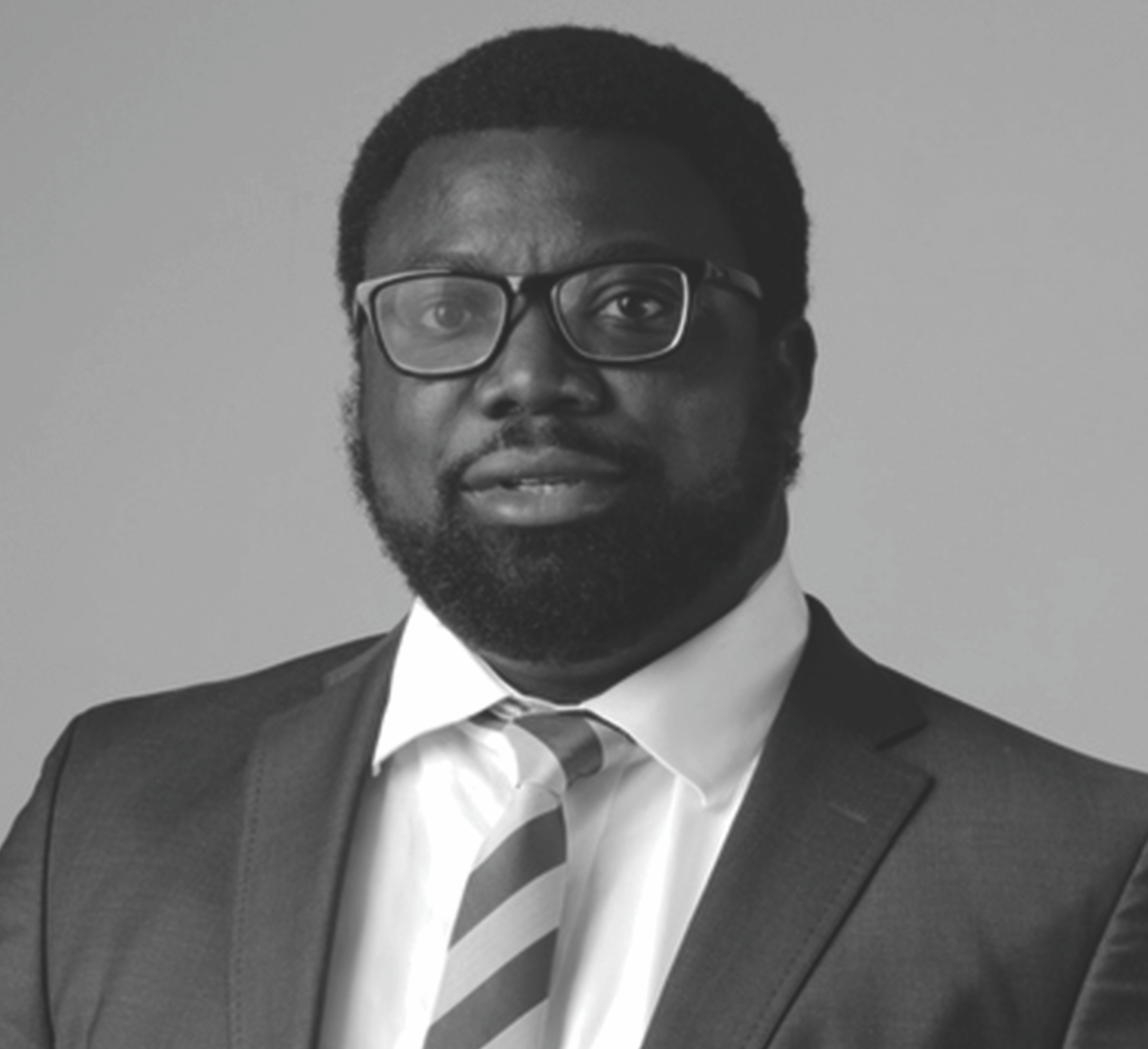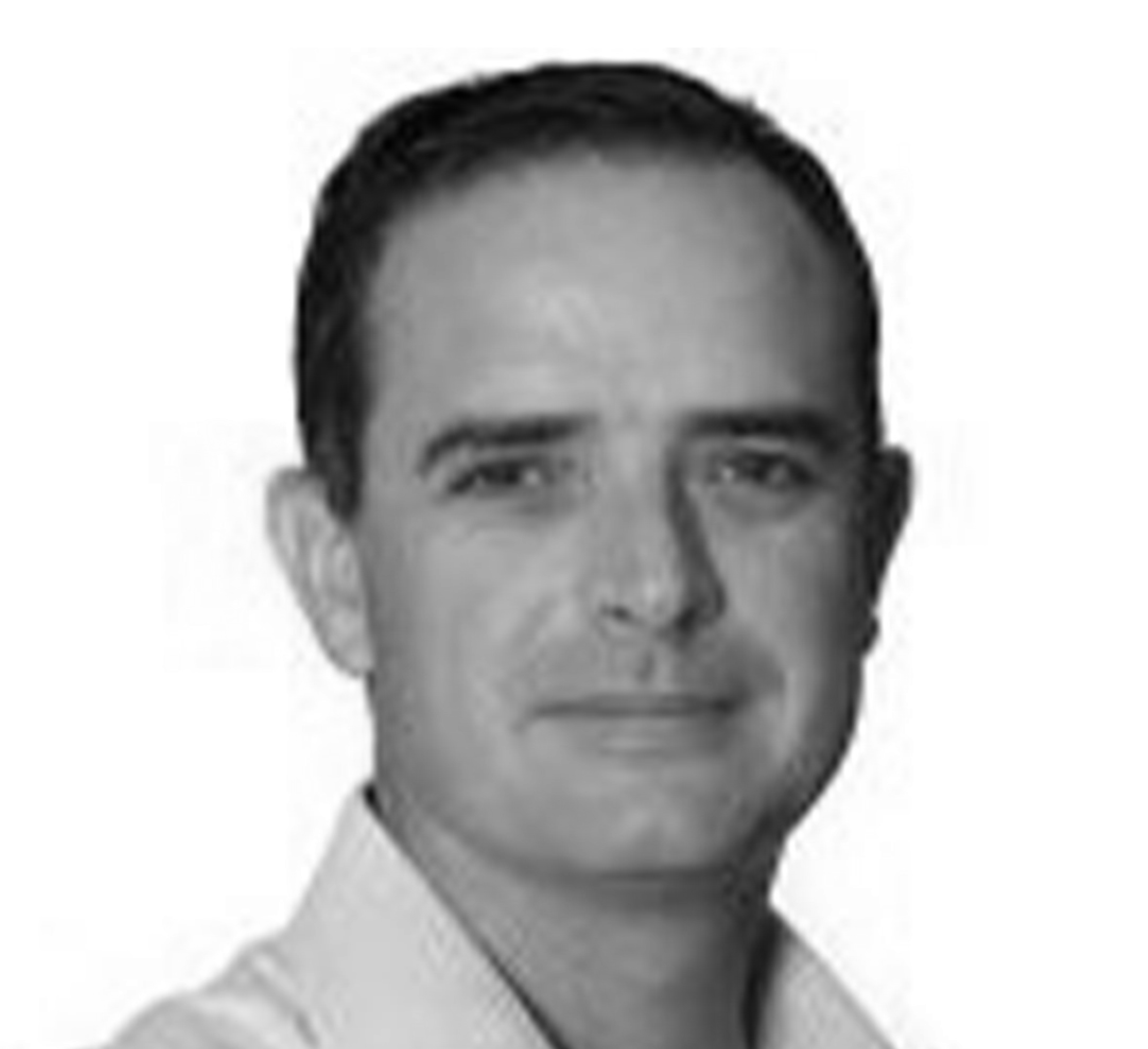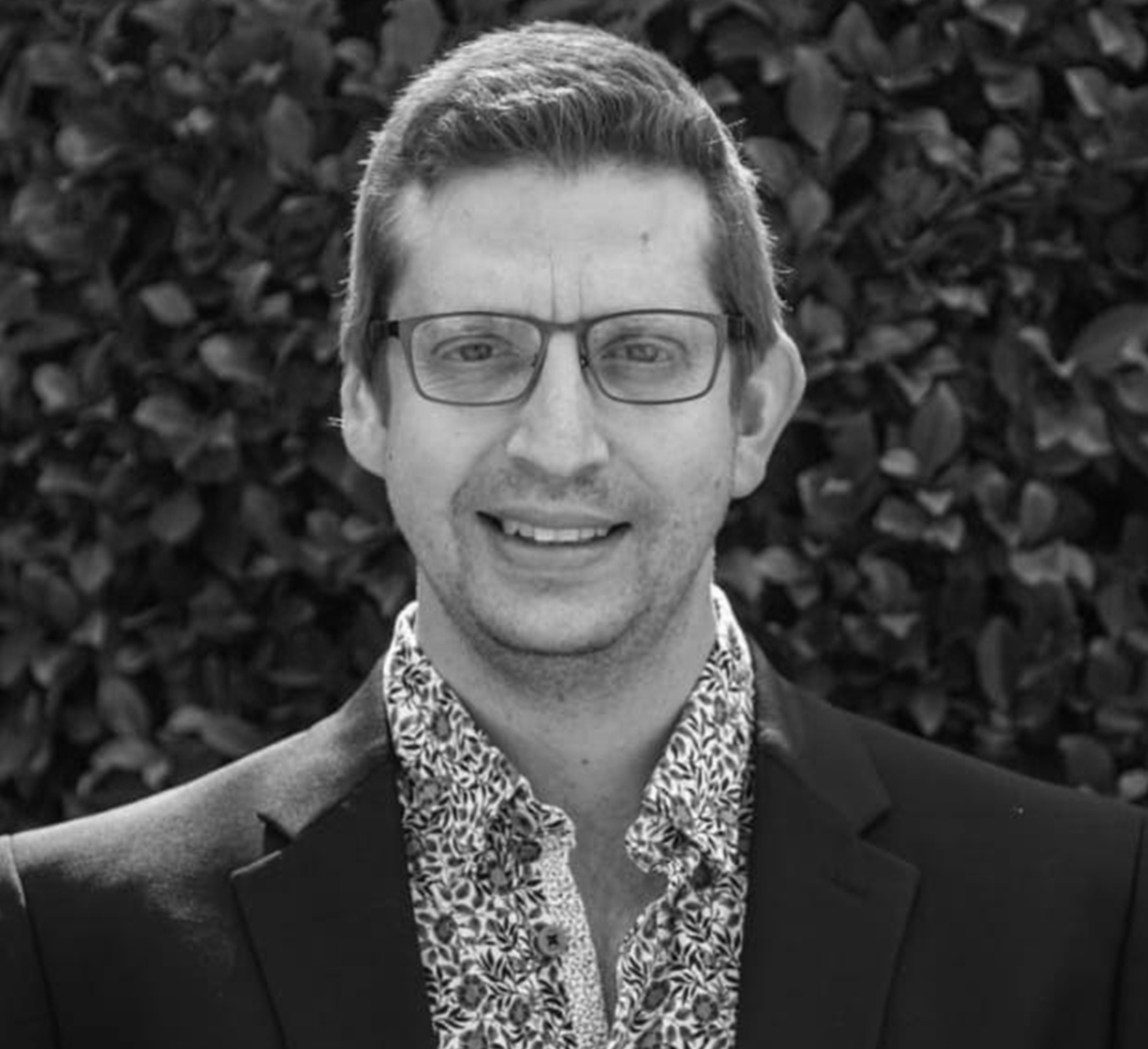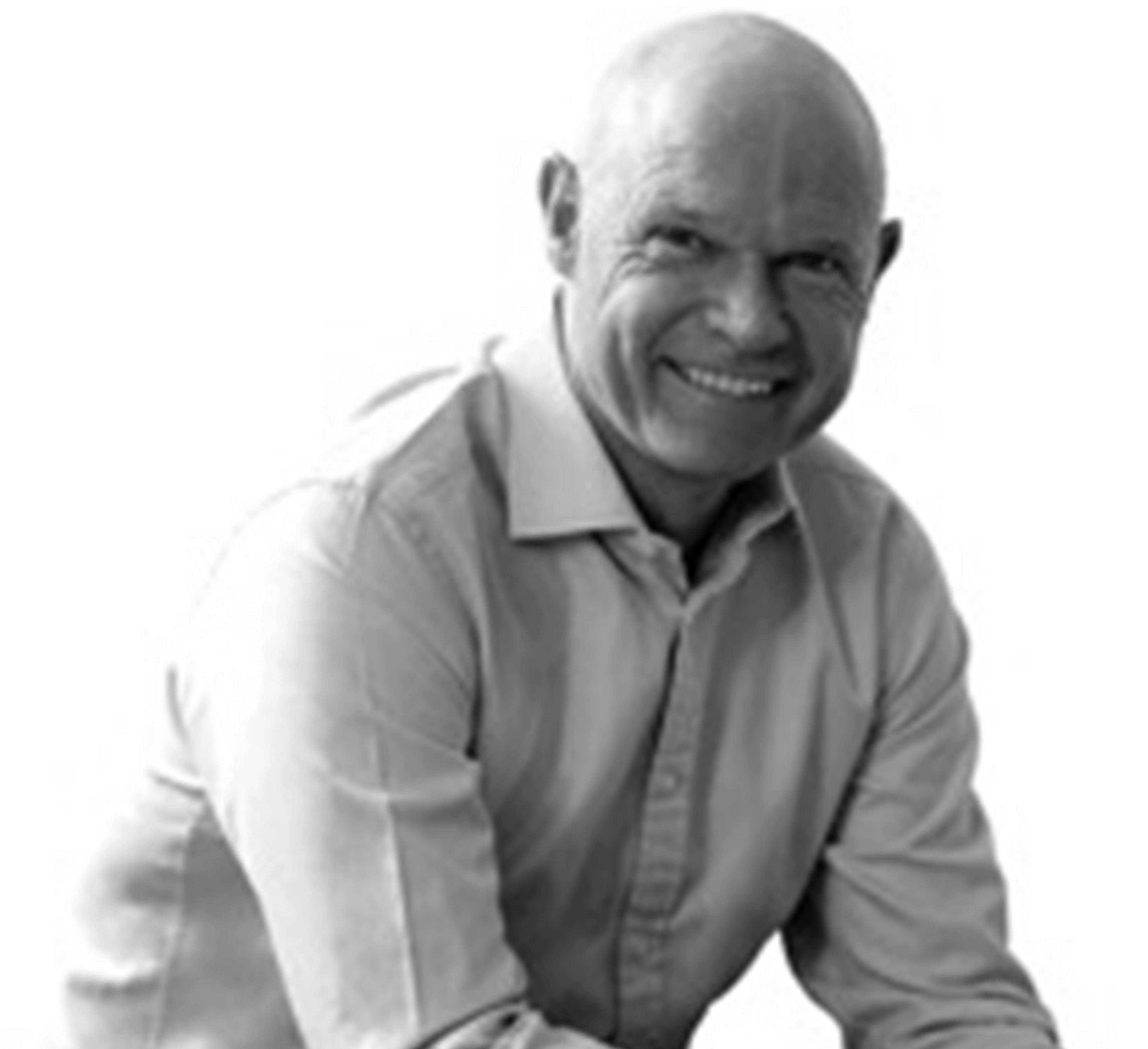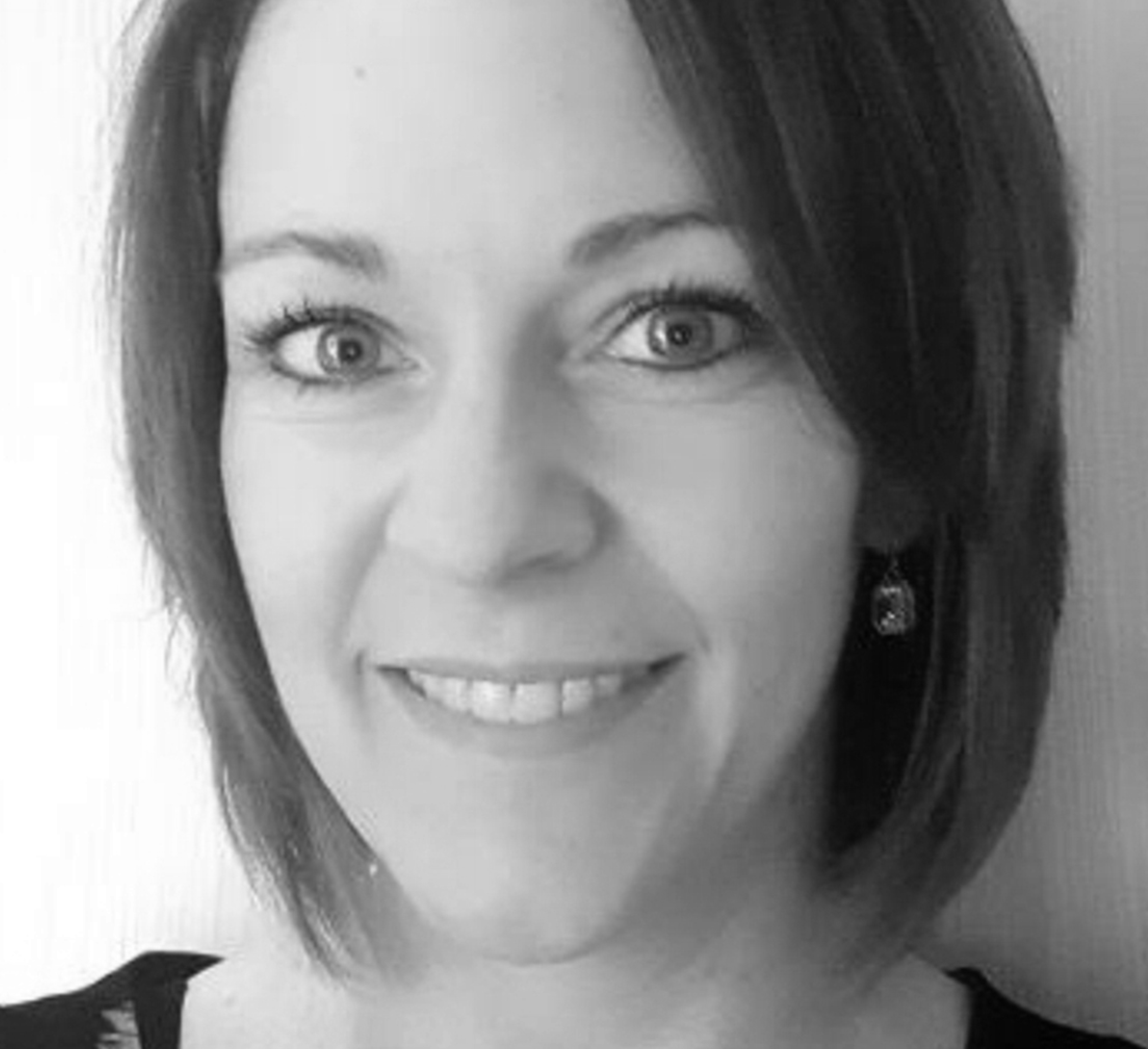83: Oluseyi Olanrewaju
Management Consultant – XeroCube Professional
Award-winning CFO, business leader, motivator and mentor, Oluseyi Olanrewaju, has had an illustrious career but at the heart of this success is a passion to teach and inspire professional accountants.

CIARAN RYAN: This is CFO Talks and what a pleasure it is this morning to introduce Oluseyi Olanrewaju, who is an accounting graduate from Yaba College of Technology and Oxford Brookes University UK, where he received HND accountancy and finance, and a BSc applied accounting, respectively, both with flying colours. He’s an alumni of Lagos State University in Nigeria, where he graduated with an MBA specialising in financial management. He also has an MSc in finance from University of Leicester in the UK, and he’s currently pursuing a PhD in accounting, and is a member of at least half a dozen accounting institutes around the world. We’re also joined here by Nicolaas van Wyk, who is the Chief Executive Officer of the South African Institute of Business Accountants. I want to welcome both of you, Oluseyi and Nicolaas.
OLUSEYI OLANREWAJU: Thank you very much. It’s my pleasure being here.
CIARAN RYAN: Oluseyi, of course, is talking to us from Lagos, Nigeria, and Nicolaas is here in South Africa. Oluseyi, one of your great passions is imparting knowledge to up-and-coming accountants, and to this end, you became a specialist in IFRS, and you published an IFRS PAL — Handy Approach, which is a book or manual, and that was the first indigenous textbook on IFRS in Nigeria. You’re also co-founder and executive chairman of Risk-Free Standard Associates, and you sit on several boards as a non-executive director. But your current role is a management consultant for XeroCube Professional, if I’ve got that right. So that’s quite a CV and you’ve obviously spent most of your life studying. Tell us what prompted you to take the leap from Vodacom, which is where you were previously, to XeroCube Professional.
OLUSEYI OLANREWAJU: Thank you very much. So, like you have seen in my CV, my passion, which I have built parallel to my corporate work life that has spanned close to two decades now, is to teach, is to produce professional accountants, is to inspire people to become who they want to be. So sometime earlier this year, Vodacom Business Africa, that’s Vodacom South Africa pulled out of Nigeria. So the business was bought by a private equity firm. Then as usual or as it is with most private equity firms, they usually like bringing their people onboard when they takeover a new business. So that’s the same for the [indistinct] business that bought Vodacom. So for this reason I said, okay, let me move to my passion and that’s why currently I run XeroCube Professional. So what we do there is we prepare students for ACCA professional examinations, we prepare students for CIMA professional examination. Apart from that, we also do some consulting for SMEs, assist them to prepare financial statements, assist them to put their financial plans and business proposals together. So that’s all we currently do at XeroCube Professional. Basically, why I’ve moved is to pursue a passion and I have done it parallel to my corporate work life.
CIARAN RYAN: I was going to ask you about XeroCube, so it seems that it’s primarily involved in educating and training other accountants. Is that correct?
OLUSEYI OLANREWAJU: You’re spot on.
‘If you stop reading, then you start dying’
CIARAN RYAN: Okay, so you seem to have spent most of your life in some form of study, and I guess it’s something that you feel should never stop. As a finance executive, what do you think, should you be continuously improving your knowledge?
OLUSEYI OLANREWAJU: So for me, we say readers are leaders, and there’s also a saying that says, if you stop reading, then you start dying. So my philosophy in life is there must be consistent constant education, upgrading yourself, knowing what is happening. So that’s what has prompted me to acquire most of those qualifications. So it’s important that you are fully appraised of what is happening around you, especially in respect of your profession.
CIARAN RYAN: Oluseyi, I see that you run CIMA in Nigeria, how prominent is CIMA where you are and what are the practicalities and challenges of running a body like that?
OLUSEYI OLANREWAJU: So until recently, once CIMA decided to open a regional office in Nigeria, CIMA is very popular in this space. I think about, if I’m not mistaken, about five or six years ago, they decided to open an office in Nigeria. I had to also establish a CIMA committee branch in Nigeria. What I did was just similar activities [indistinct] in Nigeria. Last year I was privileged to be the chairman of the local branch committee and we embarked on so many activities, going to schools, talking to existing CIMA members. They are proud to now…they don’t talk about CIMA, they see CIMA as an the international [indistinct]. So we have actually brought about an awareness in Nigeria and everybody now knows about CIMA. We recently signed an MOU with the local accounting body, which is called the Institute of Chartered Accountants of Nigeria, which also allows their members to write one or two papers at CIMA and become CIMA members. So the membership is growing by the day and a lot of activities are happening around CIMA. As I speak to you, there is also going to be a webinar for student members and professional members in the month of November, where I’ll be one of the key speakers. So the activities are much more now compared to what we used to have before the regional office was established in Nigeria.
CIARAN RYAN: Okay and I guess we should probably say that CIMA stands for Chartered Institute for Management Accountants, for those who don’t know.
NICOLAAS VAN WYK: Oluseyi, it’s quite interesting for me that you’ve moved from corporate and spent many successful years as a CFO, to now invest your time in the development of accountants. In South Africa we are also quite familiar with the ACCA and CIMA programmes, those are really amazing organisations, being worldwide. We also have an MOU with CIMA, we recently signed it, on a dual-membership and a recognition. But tell me a little bit more, so you decided at one point to leave corporate and do the big jump, as you said, it’s your passion, and starting a training academy, how are you finding that, how is that industry in Nigeria? I think ICAN is a very strong brand. So if you can just share with me business advice and how you position yourself to deploy ACCA and CIMA within Nigeria, which I think is a great initiative and we’ll surely support that. But I just want to understand your business model and your thinking and how you’re going to get this competitive advantage?
OLUSEYI OLANREWAJU: Thank you very much, Nicolaas, for that question. Maybe I need to also tell you this [indistinct] preparing students for professional education is a passion and I have done it side by side with my corporate work life. So maybe you need to know, I have been involved in preparing students for ACCA and ICAN for close to 20 years as well. So what I have just done now is to create a niche for myself and pioneer a school on my own for CIMA and ACCA. [Indistinct] partner is a school that prepares students for ICAN examinations. So now talking about challenges, moving from the corporate work now fully to running an academy that is focused on ACCA. Like exists with every start-up, teaching problems, little funding issues, having good stats in terms of number of students, which by and large were overcome by our various online adverts, [indistinct] and we sent some proposals to some of the big four’s to suggest that some of their trainees come and train with us. So that’s looking good by the day.
CIARAN RYAN: I was going to ask you a question about that, how do you actually reach the students in Nigeria, are you using a lot of online tools like we are using now or is there a lot of face-to-face or classroom interaction?
OLUSEYI OLANREWAJU: Covid has changed a lot of things, so what we are currently doing is both face-to-face and online. But towards the end of Covid we were only doing online but what we are doing now is both. They come to the site once a month and the remaining three weeks of lectures is done via Zoom. Meanwhile, we reach them through all social media avenues, Instagram, LinkedIn, Facebook, Twitter, we use all of that to reach our students.
NICOLAAS VAAN WYK: I think that CIMA and ACCA qualification is so valuable because they do so much research with employers to really understand what the needs are in various sectors and what the competency requirements would be for accountants as financial managers or as CFOs, and then they translate that into their curriculum and then also accredit training providers. So that’s why I value those two qualifications so much. CIMA also has this avenue for CFOs to become CIMA members at a strategic level and that’s where SAIBA signed an MOU with CIMA because in South Africa we offer the designation to finance executives called CFO (SA). We have modeled that on 34 competencies and presented it to CIMA, so we are able then to allocate finance executives also into the CIMA route. So just share with us a little bit more about how you see the role of the CFO has changed from just being an accountant with this access now into CIMA, especially with your experience in the corporate sector.
OLUSEYI OLANREWAJU: Thank you very much, let me also corroborate your point that that alignment is also happening in Nigeria. [Indistinct] where they bring employers, they bring students and they bring lecturers together, just to know what employers are yearning for, so that the lecturers can include that in their curriculum, and the institute is also doing that. So, for me, it’s a fantastic thing that CIMA and the ACCA are doing. ACCA does that through the approved employer scheme, where they go to meet the employers, ask about what they need and this is translated into the syllabus, which is also very good. Then in terms of how CIMA is helping to shift the focus on the way a CFO thinks [indistinct] what I have seen personally is that CIMA and the ACCA are producing strategic CFOs, in their syllabus they are emphasising the need for a CFO to be a business partner, to be strategic in their view, so to not only be figure-conscious but they should be strategic partners, they should be strategic in their thinking and to be the best [indistinct] the CEO and the executives. The CFO now is a problem-solver, they have knowledge of the business [indistinct] by just preparing stewardship accounts…every CFO now knows their business, they know their onions, they have very strong knowledge of the business, irrespective of the industry they find themselves in. So this is what the CIMA, ACCA qualifications are bringing to the table, which is changing the fortunes of many CFOs.
Moving from corporate to consultancy
NICOLAAS VAN WYK: I totally agree with you, and you must be an amazing lecturer because you bring that corporate knowledge into that student experience and training. But you also mentioned your consultancy business, that’s also what we see in South Africa that, especially due to the lockdown, there are many big corporates that are scaling down, and experienced and very competent CFOs start to become what we call virtual CFOs. They make their CFO experience and knowledge available to the SME sector, which I think is a great benefit for that sector because there’s so much knowledge that they now have access to. Would you mind sharing with us how you made the move from corporate to becoming a consultant, as you mentioned, for SMEs?
OLUSEYI OLANREWAJU: So basically, when I made the move into academia, you look at a catalogue of products that one can offer that will be sizeable enough [indistinct] training students, training professionals, doing what is called CPDs [indistinct] from the local professional body. So we thought it would be nice to train the SME owners on basic knowledge of accounting, so we call that training finance for non-finance business owners, so just teach them the basic terminology, revenue, how to determine margins, how to cost your products. I think we’ve had about two this year virtually, and the recommendations and the feedback has been very, very alarming. It was part of our strategy to say, okay, we need this as part of our products, train SMEs, help them out, help them to prepare their financial statements, help them to do some form of bookkeeping [indistinct] as they grow their business. So that’s why we started doing that.
CIARAN RYAN: I wanted to follow up there with you, Oluseyi, you’re a specialist in IFRS, which, as we know, is an ever-evolving set of standards for accountants. What do you think, are these standards becoming too cumbersome, given the challenges that auditors and accountants face in areas such as revenue recognition and accounting for leases? What is the latest on IFRS, are accountants complaining yet?
OLUSEYI OLANREWAJU: So I also need to mention this, I’m one of the members of IFRS Experts Forum of Nigeria. What do we do in that forum, we contribute to special drafts, we let them know the pain points and what we think they should include or have had in whatever they are proposing. So now going to your question, there are a lot of challenges with IFRS. So for me, I will start by saying that maybe the board who put this together, they don’t look at all the perspectives or all the nuances of every country that make up the ward, which, for me, I think they should look into. So currently we have an IFRS system, which is on leases and we have IFRS 15, which is on revenue. These two standards are fantastic but some of the provisions of it are very difficult to practically apply in practice, which, for me, the ISB should look into. The difficulty in applying this varies from one industry to another. I can speak more to the telecoms and real estate, which I am more familiar with, some of the peculiarities in these industries are not considered in these two standards. So for me, I think the board should do more at the point of establishing and putting these standards together by getting input from all the countries in one way or the other in order to have a more global representative standard that people can apply easily. Some of these are too cumbersome and difficult and take, for instance, in IFRS 15 they talk about performance obligation that you don’t recognise your [indistinct] until your performance obligation has been satisfied. In some industries, performance obligation is deemed to have been satisfied when you say you have done that thing up to 90%. But if you are to apply IFRS strictly you will see that means an entity will not even take revenue for some of their lines of products because of this clause. For me, I think they should make this thing less cumbersome and more practical than just being a theoretical document.
CIARAN RYAN: In South Africa we’ve had a number of scandals, I would say, here around this very issue of revenue recognition, where companies were found to be overstating revenue and I think they’re still coming to terms with the whole lease issue, IFRS 16. But I just wanted to move on to the role of the CFO because you and Nicolaas have both touched on that, and my question is, do universities and academia adequately prepare CFOs for the real life world of managing finances for large organisations? Surely some of these competencies, you mentioned strategic skills, and you mentioned also that the CFO must become the pal or the companion of the CEO, surely some of these skills can only be learned from experience.
OLUSEYI OLANREWAJU: Yes, I agree with you, so the points that you’ve raised is do schools actually prepare people, I would say not exactly. That’s why ACCA and CIMA are trying to bridge the gap by bringing lecturers and professionals together, so that the lecturers can hear what the employers and the practitioner wants in students. So by and large we see that gap is being closed but it’s not closed totally. You still see many graduates when they come into the organisation, they start training from the beginning, many of them have not seen the Microsoft Office applications before. We start teaching them from scratch, some of them don’t even understand [indistinct] so there’s still a major gap. But, like I said, some of these professional institutes are trying to bridge this gap.
NICOLAAS VAN WYK: Yes, we found the same thing, when you monitor the progress of a student from university, then they decide they want to become an accountant, but there’s no clear pathway for them to develop into CFOs. We saw a study that was done in Canada, talking about moving from CA to CFO, and what they did was to track the development of an accountant until they eventually became finance executives or took up the CFO role. What they saw, like what was said previously, they become business partners and strategists within the business. There’s nothing really in academia that prepares them for this. So they do courses after their studies, they study for MBAs, they are continuously studying. I think that’s a key element of being a modern CFO. Then through experience and exposure in different elements of the business from operations or finance or HR or strategy and sitting on boards, they develop a particular skill set. So what we did was to develop a designation for them called CFO (SA) that reflects exactly this career development, and it’s something that we’re partnering locally with universities, and I’m going to share it with Oluseyi to maybe have an African-wide finance executive network so that we can not only address the training needs of CFOs but make sure that we have this African network that has a voice at various global levels because I don’t think Africa should be left behind, especially on the comment on IFRS, I think Africa should have a unified voice. That’s been our position at SAIBA as well, IFRS should be made friendly for African development, which I think is different from first world countries. So that is my reflection on what we’ve discussed so far.
Current state of the Nigerian economy
CIARAN RYAN: Oluseyi, I just wanted to ask you a very quick question or two about Nigeria itself, what is the state of the economy there at the moment with the lockdown, how is it affecting businesses?
OLUSEYI OLANREWAJU: I would say the impact of Covid is very negative for the economy and all the components within this economy, apart from one or two industries, telecoms, banking that have performed significantly well. But for other businesses, performance has gone down, all the microeconomic variables have looked very negative, inflation is on the rise, GDP growth is negative, and recession is looming, in a nutshell. But the lockdown has been eased, people are already coming back to work, so we are hoping that towards the last quarter, which we are in already, since we’ve come up a little bit and we’ll be able to wrap up, and towards the first and second quarter next year businesses can begin to look green again. But for now, the impact is negative generally, unemployment and all those things.
CIARAN RYAN: Just a comment about Vodacom, it is, of course, a very well-known South African
telecommunications company. What was the reason for it leaving Nigeria?
OLUSEYI OLANREWAJU: I think Vodacom had always wanted to leave Nigeria, the reason I will tell you is I don’t know [indistinct] but I guess they had wanted to play in the GSM space but for whatever reason, there are no more licenses and there is no existing business to acquire at all. But they have always wanted to leave. I can remember two weeks into joining them, five years ago, there was a statement made by the group CEO that Vodacom is up for sale, and I thought, wow, I hope I have not entered trouble, but they stayed for five years before they finally moved out.
CIARAN RYAN: They’ve been bought, their infrastructure and their operations have been bought by a private equity firm, is that correct?
OLUSEYI OLANREWAJU: Yes.
CIARAN RYAN: And is it functioning now, therefore, under a different brand name?
OLUSEYI OLANREWAJU: Yes, the new name is inq.
CIARAN RYAN: How difficult is it to do business in Nigeria? What’s the general perception, is it complicated, is it bureaucratic, is it easy to come in?
OLUSEYI OLANREWAJU: I will tell you, it used to be very difficult, but now a lot of the measures have been put in place by the government of the day for the ease of doing business in Nigeria. They’ve simplified the registration process, they’ve simplified a whole lot of things, even with the new Finance Act that was released earlier this year, and in that act a lot of things have been simplified, on how you register a business, one person can register a company, and prior to that it was a minimum of two people. So I think it’s looking better than how it used to be, it used to be very, very difficult but it’s looking better with some of these government initiatives.
CIARAN RYAN: Just one or two quick questions, we are running out of time here, I’m curious about your personal life. Where did you grow up and what led you down the path to where you are now, what led you to become an accountant and have this passion that you have for educating others?
OLUSEYI OLANREWAJU: I think when I was in secondary school, moving to the senior class, my plan was to do science but when I got to the science class, the chemistry lecturer was very hostile, and I said, let me go to the accounting commercial class. So when I go to the commercial class, the lecturer was very friendly and very good, that fascinated me about accounting, and since then I have loved accounting. When I also moved to the higher grades I also had a very good accounting lecturer and I started developing an interest for it [indistinct] I love accounting so much that I was teaching my classmates. So that’s where I picked up the teaching skills [indistinct]. I won’t lie to you, if I come back to this world again, I will still choose accounting, I love it, I dream it.
‘People say the next major boom is going to be in Africa’
CIARAN RYAN: That’s wonderful. Are you optimistic, given what we’ve been talking about, the lockdown and all of that, are you fairly optimistic about Nigeria and the future there where you are, broadly, I suppose, and in West Africa and in Africa generally?
OLUSEYI OLANREWAJU: More than 100%, honestly, Africa is a developing and emerging continent. In fact, people say the next major boom is going to be in Africa, and we can see that already, that’s why every investor is looking towards Africa, to come and do something in Africa. Our population is going to work for us, our rich natural resources is going to work for us, our people skills are going to work for us. So I am very, very optimistic about the future of Africa and I know it’s the next big thing to happen in the world.
CIARAN RYAN: Now, a question that we ask everybody, do you have any books that you would recommend, it doesn’t necessarily have to be accounting books, it can be something that’s fun.
OLUSEYI OLANREWAJU: There’s this book by Stephen Covey on The 7 Habits of Highly Effective People. I loved that book, and I would recommend that book to everybody. It makes you focus, and it makes you achieve whatever objective you have set for yourself, despite all odds.
CIARAN RYAN: That is a wonderful book and it’s almost required reading for anybody, I think, in the business world or particularly in an executive position. Nicolaas, did you have any final question or comments?
NICOLAAS VAN WYK: No, I’m just sharing the view on Africa, the West has had its time, and there’s so much conflict between the West and Asia, I think Africa can play a pivotal role. To me, it’s about better management and less corruption, and to get both of those right I think we need well-equipped CFOs. So thanks for the insights that I also learned today.
CIARAN RYAN: It’s been wonderful to talk to you, Oluseyi, and get your insights from Nigeria. There was one final thing I wanted to ask you, the question we are having a lot of discussion here in South Africa about is corruption, how bad is it in Nigeria?
OLUSEYI OLANREWAJU: I’ll say there’s corruption, everywhere. There is corruption in Nigeria as well. But with the current president’s [indistinct] because we see him as Mr Integrity, that is can I say pushing people away from entering into corruption. But I won’t lie to you, corruption still exists, and I think the president and his administration need to do more. The judicious system in Nigeria [indistinct] because a case in the law courts in Nigeria can take forever. For me, this is also somehow assisting corruption to take place in this country. So Mr President is doing his best because some of us can see that he’s not corrupt himself, he just needs to empower the various institutions to do their work, and also plead with the judiciary to handle cases of corruption on time, it takes too long for a case to be concluded in Nigeria.
CIARAN RYAN: I think that’s very much the same problem that we have in South Africa that the prosecuting agency can take years and years, and then the people who are finally charged, they use what they call the Stalingrad strategy, where they just drag it out on technical points. So there’s not a lot of success in this country in bringing corrupt officials to book, but it is something that has to be continually fought with every bit of energy that we have. I think we’re going to leave it there. I want to thank you both for coming on, that was a fascinating discussion. Great to get some insights from inside Nigeria and what is happening there. Oluseyi Olanrewaju is, well, we shared his CV at the beginning, it’s an incredible CV, I don’t think I’ve ever seen anybody who seems to have spent their entire life studying as you have. So I want to thank you for coming on, and Nicolaas van Wyk as well from the South African Institute of Business Accountants, thank you both.
OLUSEYI OLANREWAJU: Thank you very much, it’s my pleasure being here.
NICOLAAS VAN WYK: Thank you very much, Ciaran, thank you, Oluseyi.

